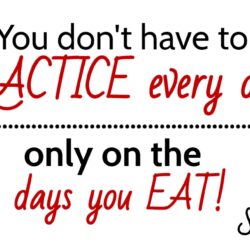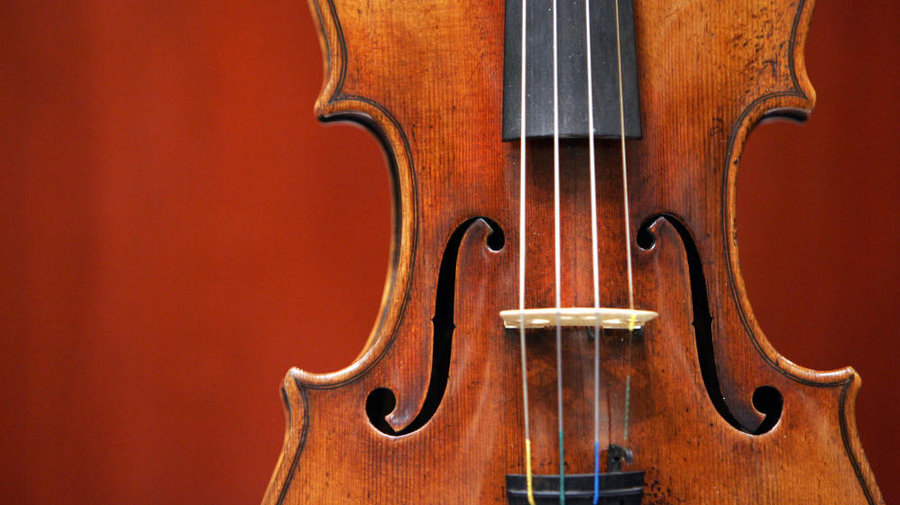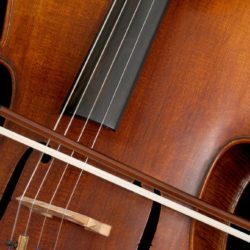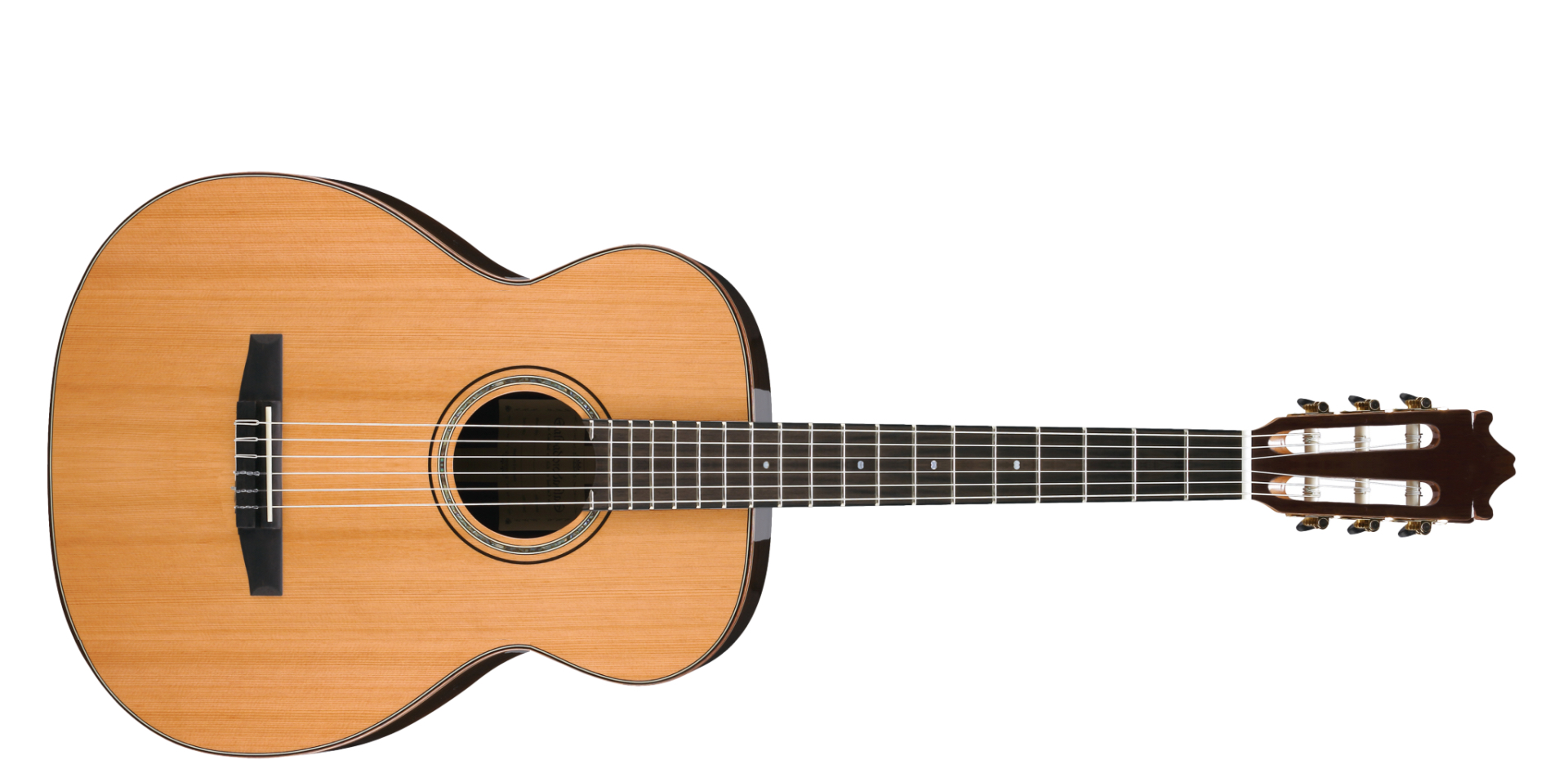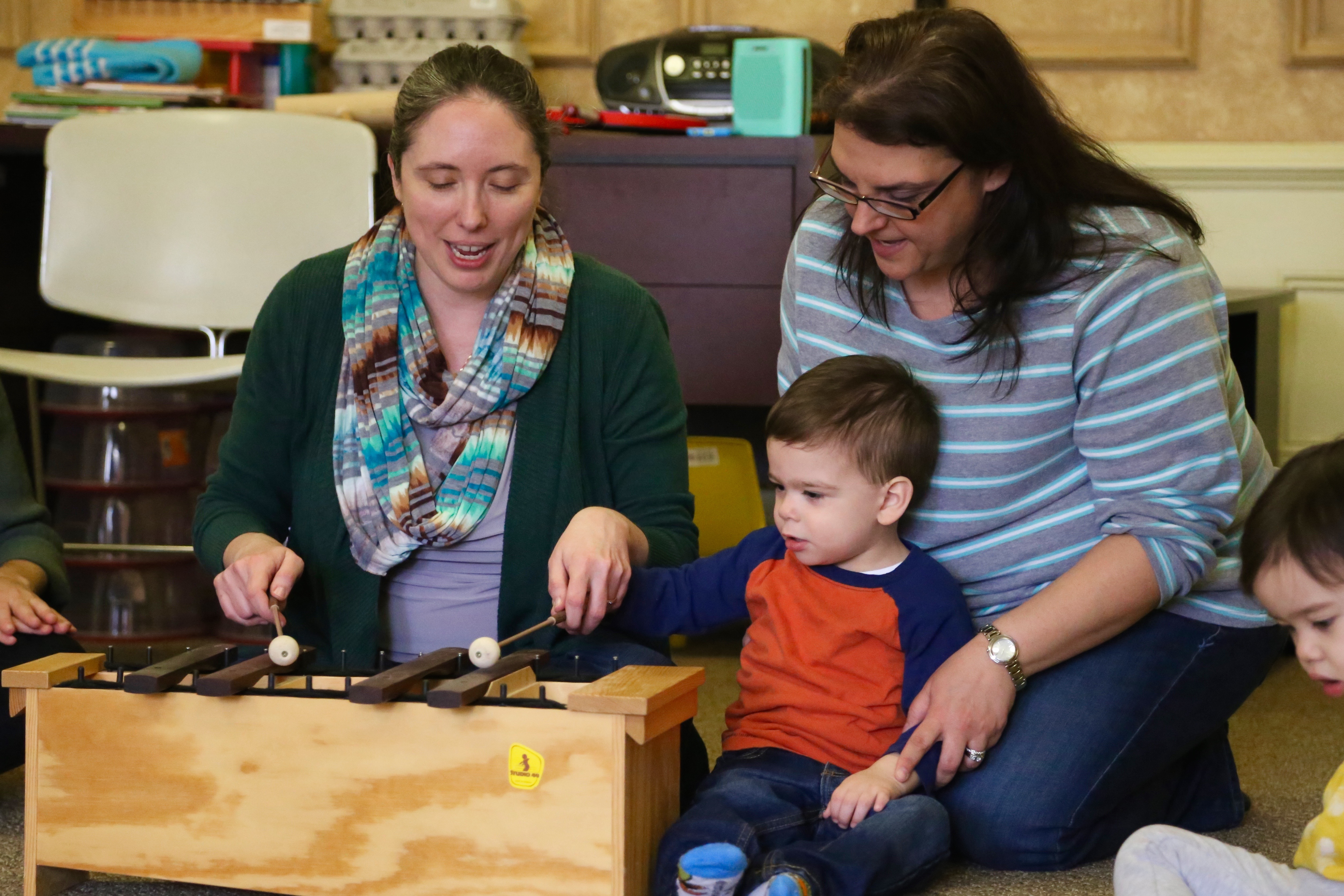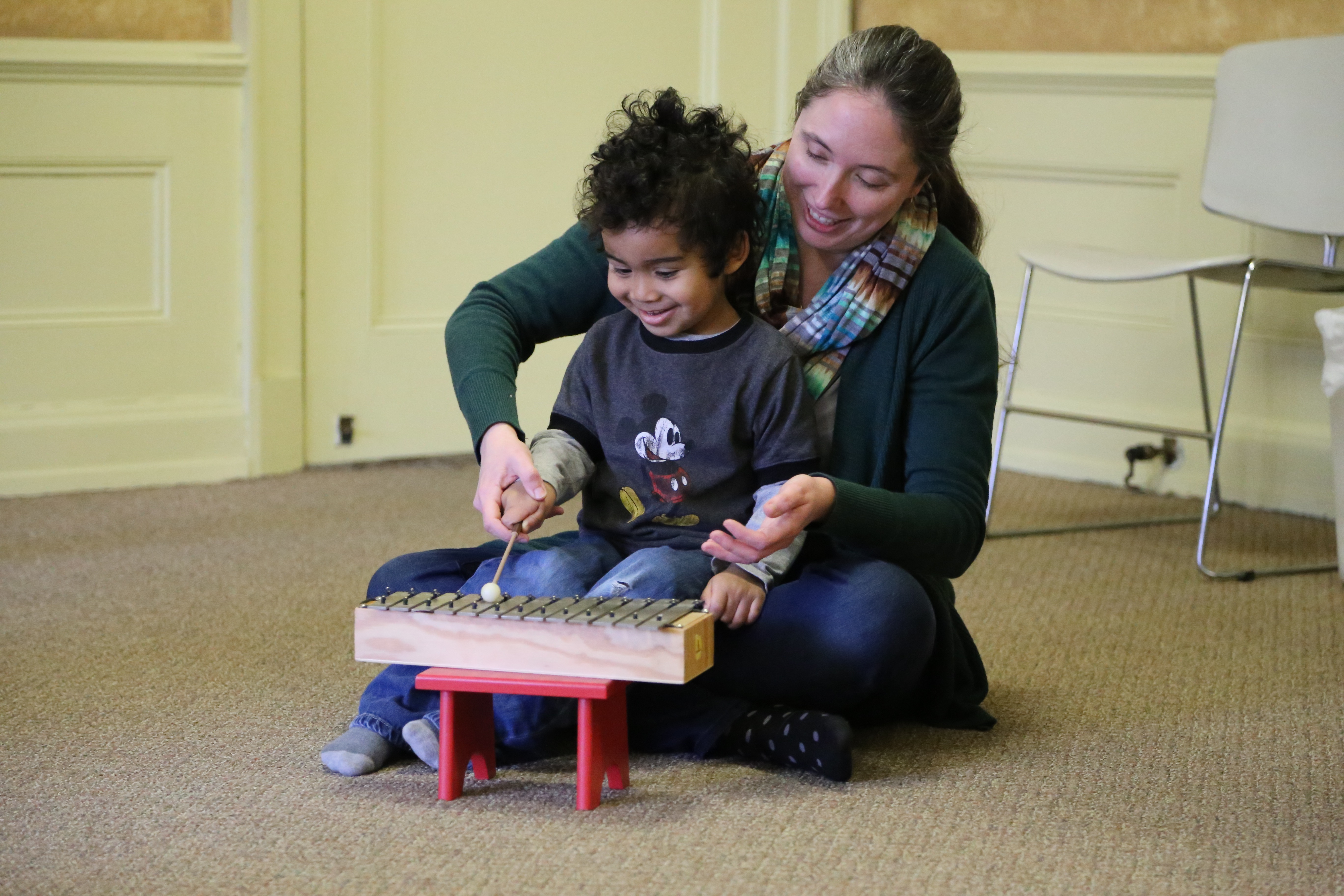Are You and Your Child Frustrated During Practice Time?
Do you feel like your child is resistant or allergic to practice? Does practice time seem an unproductive battle? Let’s pause for a moment and think about the reasons why you are studying an instrument in the first place. Why? As a teachers, the reasons why we teach are usually pretty similar. Our love of Read more about Are You and Your Child Frustrated During Practice Time?[…]


